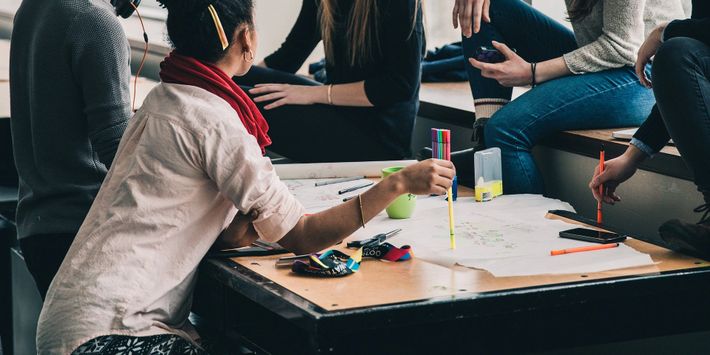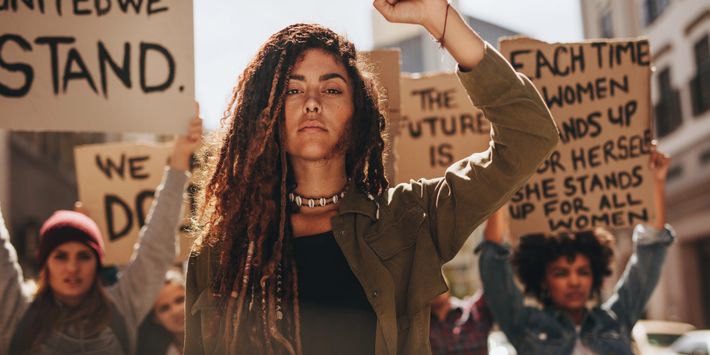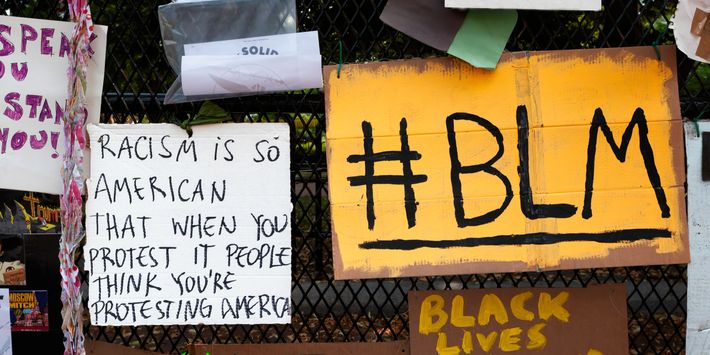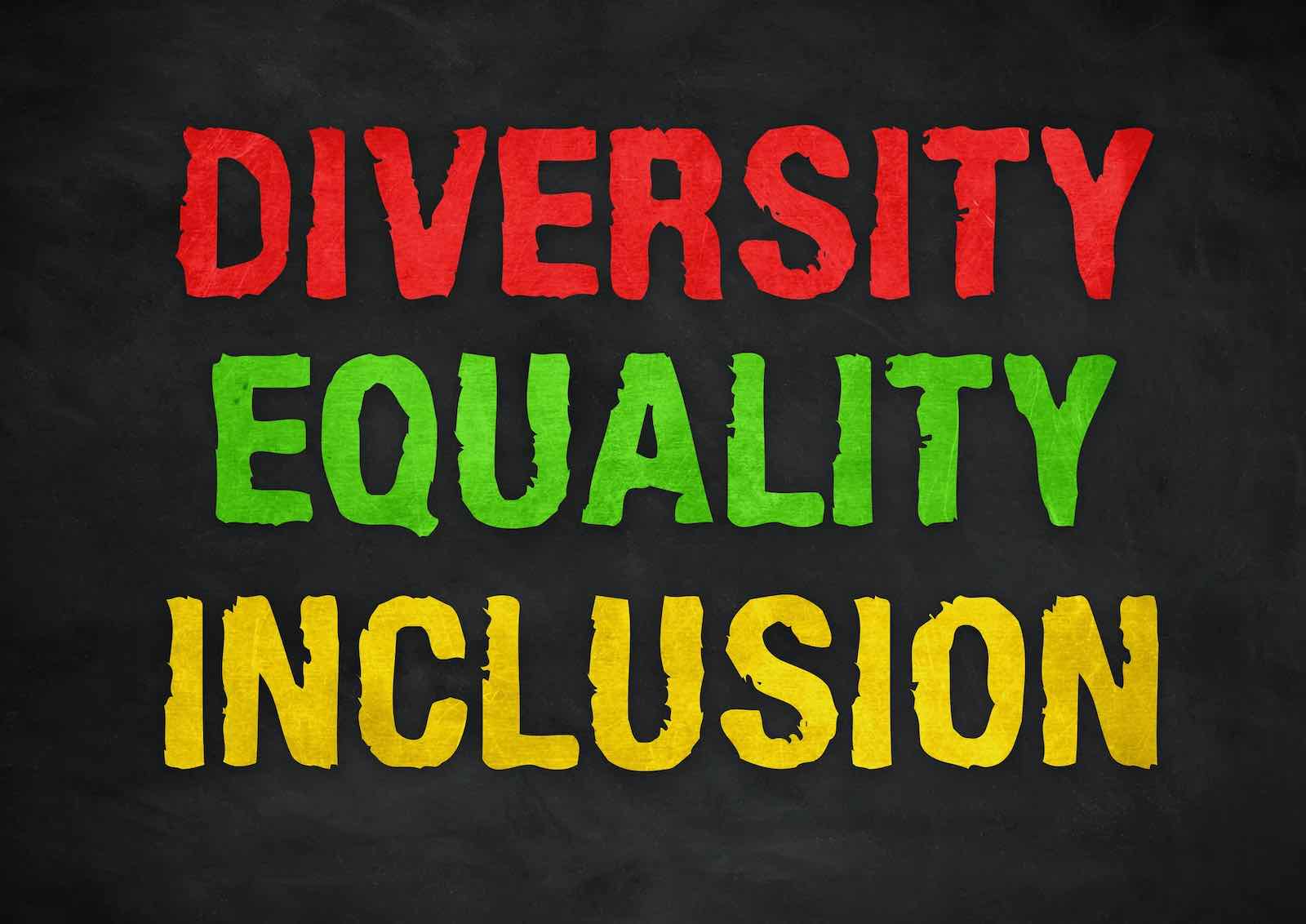A global pandemic, polarizing politics, and movements for racial and social justice have persuaded organization to make Diversity, Equity, and Inclusion (DE&I) a top priority for their businesses. While businesses are reflecting on what they can do, individuals that work within those organization struggle to find their place in the call for action to end racism in the workplace and the broader community.
Creating a more diverse and inclusive workplace culture is easier said than done. DEI training of the past gave organizations the illusion that trainings was sufficient to make change. Leading organizations to believe that training is the key to developing a more inclusive organization. This could not be further from the truth. DEI training is only one components of improving workplace culture and fostering inclusive behaviors.
However, DEI work is multi-faceted and requires developing a long-term strategy; gaining senior leadership’s buy-in; allocating sufficient resources; and coordinating communications, training, and education. Training is just the beginning of the process. Practices and procedures that are grounded in the principles of equity will create workplaces free from oppression.
All sessions: noon—3:30pm ET / 11:00am—2:30pm CT
Who is your trainer?
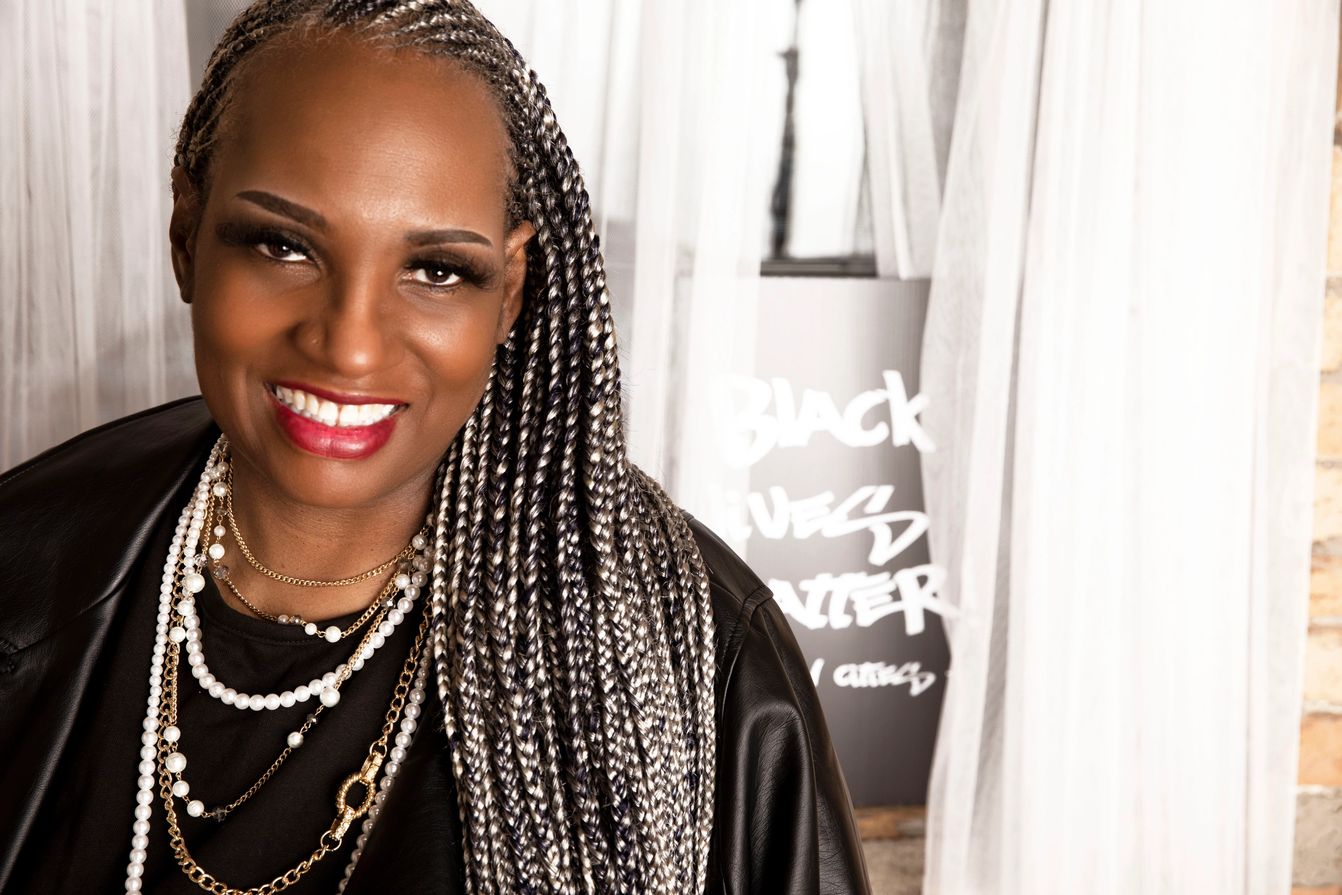
LaDonna Sanders Redmond
FACILITATOR AND INTERCULTURAL DEVELOPMENT TRAINER
LaDonna is a Qualified Administrator (QA) of the Intercultural Development Inventory (IDI) and Intercultural Organizational Development Consultant and Coach with Columinate. LaDonna Redmond is the former Diversity and Community Engagement Manager for the Seward Co-op in Minneapolis, MN. LaDonna led the co-ops diversity and engagement initiatives that contributes positively to organizational culture, marketplace competitiveness, and social responsibility.
LaDonna is a community activist who worked on several public health issues throughout her career such as substance abuse, violence and food justice. LaDonna successfully worked to get Chicago Public Schools to eliminate junk food, launched urban agriculture projects, started a community grocery store and worked on federal farm policies to expand access to healthy food in communities of color. LaDonna is a 2003, WK Kellogg Food and Society Policy Fellow In 2009, Redmond was one of 25 citizen and business leaders named a Responsibility Pioneer by Time Magazine. LaDonna has a popular Tedx talk, Food + Justice = Democracy.
Who is this for?
These workshops are for organizations and businesses of any size that are looking for a diversity training program for staff and want to move beyond training into implementation.
This program is designed for executives and managers as well as those responsible for hiring and managing talent, HR directors and managers, and those for whom DEI is core to their role.
Program Design
Through lectures, group discussions, simulations, breakout sessions, and case studies. Each session is named after a question. The question is theme for the workshop. For the best results, the sessions should be taken as a together. However, registration for individual sessions is allowed.
The workshops provide the essentials building blocks for fostering a more open, welcoming, and inclusive workplace culture. The workshops are designed to help you implement a DEI strategy unique for your organization.
Participants will leave the course with a framework for learning how to grow and guide diversity in your organization as well as a set of challenging questions to ask yourself and your team.
Preparation for the Course
Participants are required to take the Intercultural Development Inventory® or the (IDI®). The IDI assesses intercultural competence—the capability to shift cultural perspective and appropriately adapt behavior to cultural differences and commonalities is essential to DEI work. The IDI can help assess current capacity and identify potential blind spots in the execution of the DEI strategy.
The Intercultural Development Inventory is a 50-item questionnaire available online that can be completed in 15–40 minutes. The participants will receive their IDI scores and a 40 minute 1:1 coaching.
Additionally, participants should consider taking the Intercultural Conflict Styles Inventory (ICS®) assessment. Learning communication skills that include conflict resiliency is important to the success of DEI programs.
* Please note: If you have taken the ICS assessment, please have your results and guide accessible during the workshop.
Session Descriptions
1. DEI 101: Understanding the difference between diversity, equity and inclusion
While most people know what diversity means, the concept of inclusion requires a different level of understanding. Along with Equity these words are used interchangeably, creating confusion a than clarity about the nature of DEI work.
If diversity is a mix of people with different characteristics, backgrounds, abilities, experiences, and perspectives, an inclusive workplace takes diversity to the next level by involving marginalized or underrepresented people in the organization’s operations and leadership. In the context of Diversity, Equity and inclusion, Equity is the process and the outcome of diversity and inclusion work. In this workshop, participants understand how to navigate the language of DEI, as well as, how diversity and inclusion create equitable procedures and outcomes. Additionally, this workshop will help participants select DEI priorities in alignment with the mission/vision of the organization.
2. Addressing Unconscious Bias
A recent survey by the American Management Association (AMA) on diversity, inclusion, and belonging found that nearly 80 percent of the more than 700 participants admitted to unconscious bias, and nearly 83 percent said they have witnessed unconscious bias by others in the workplace.
Unconscious bias, also known as implicit bias or hidden bias, poses a serious roadblock to DE&I. Unconscious bias occurs when people—usually without realizing it—make judgments and take mental shortcuts based on stereotypes about someone’s race, gender, ethnicity, age, disability, or other factors.
Unconscious bias training for all employees, including resume screeners and hiring managers, can raise awareness of different types of unconscious bias and minimize its influence on workplace practices, policies and processes.
This workshop will assist you develop the skills to identify and work around bias in your policies, practices and procedures.
3. Microaggressions in the workplace
The concept of microaggressions, which has been familiar in psychology for decades, has become part of the larger conversation around DE&I.
Microaggressions are everyday verbal, nonverbal, and environmental slights, snubs, or insults, whether intentional or unintentional, that communicate hostile, derogatory, or negative messages to individuals of a marginalized group.
Often stemming from unconscious bias, these seemingly harmless comments have been compared to death by a thousand cuts and can cause health problems, workplace burnout, and other negative effects.
This workshop will help staff recognize what microaggressions are and how to respond, whether they are on the receiving end, a witness, or have been called out for a microaggression. This workshop will also assist participants learn how to address microaggressions in the organizations policies, practices and procedures.
4. Bystander Intervention
The murder of George Floyd, #MeToo and the #StopAsianHate movements have brought bystander intervention training to the forefront as one of the most effective ways to stop inappropriate behavior before it crosses the line into illegal harassment.
Bystander intervention training is a potential game changer in the workplace and a positive influence in creating a sense of collective responsibility among employees. Being an active bystander helps diversity and inclusion efforts, too.
This workshop will teach different ways to be advocates, accomplaces and allies of co-workers who are targets of bias, microaggressions, and other non-inclusive behavior. Additionally, participants will learn how to show support and empathy for their marginalized or underrepresented co-workers.
5. Communicating across conflict and difference
In communication misunderstandings, conflicts, and problems across cultures are often grounded in very different approaches people take for resolving difficulties with one another. The ability to recognize and effectively respond to cultural differences in communication and conflict styles is critically important.
This workshop uses the Intercultural Conflict Style (ICS) Inventory, The ICS describes an individual’s preferred approach or style for resolving conflict by reflecting the individual’s culturally learned patterns for dealing with disagreements and expressing emotions. Additionally, this workshop will not only teach individuals about their own preferred approach and style but also gain a cross-cultural understanding of communication and conflict resolution. Participants will reflect on their perception of emotions and reactions during disagreements. Finally, this workshop will give participants tangible skills that can be used when navigating communication and conflicts across cultural differences.
LaDonna Sanders Redmond
FACILITATOR AND INTERCULTURAL DEVELOPMENT TRAINER


